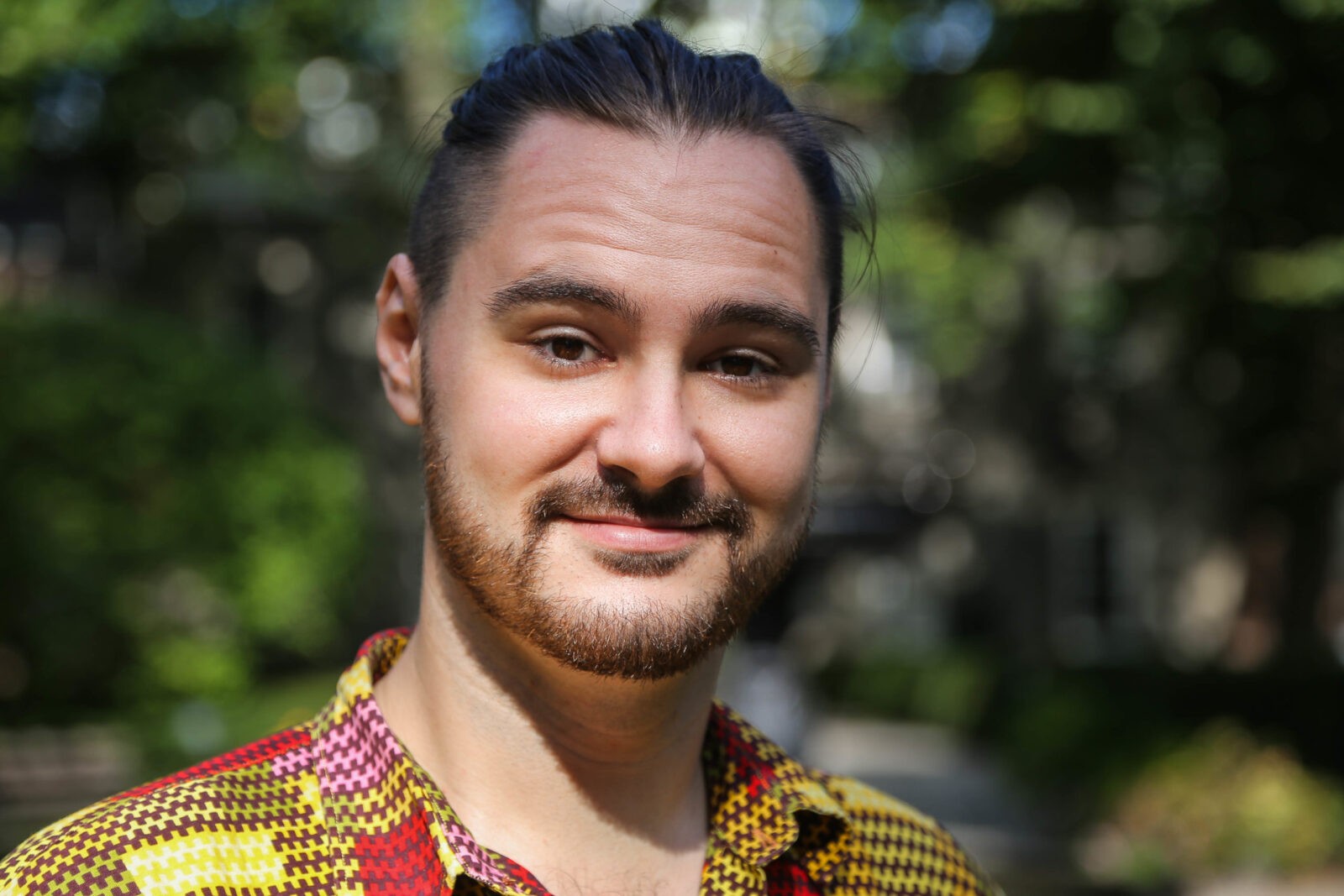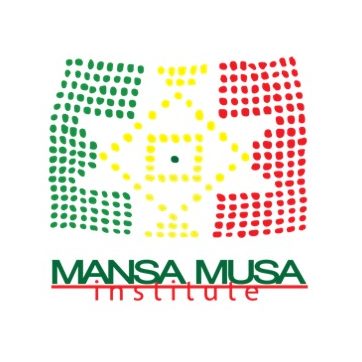
I had to get pretty creative this year. Before the onset of the Covid-19 pandemic, I had a dream internship working with Catholic Relief Service’s Monitoring and Evaluation team in Niger. It was painful to watch it fall away. Given the late notice and the mad scramble for alternative plans, I turned to several more personal projects to occupy myself during New York’s lockdown.
The pandemic presented a good opportunity to continue academic pursuits. Beyond coauthoring a Covid-19 opinion piece for Fordham’s Graduate School of Arts and Science, the international travel bans and stay-at-home orders made summer 2020 an ideal time to be studying. I was fortunate enough to have classes that were targeted towards my interests. Dr. Combs’s Gender and Development and Dr. Themeli’s African Economic Developmentallowed me to revisit and reframe my experiences in Senegal as a Peace Corps Volunteer in the community economic development sector, where I worked extensively with women’s organizations.
I continued to work with UNDP in a new capacity. As the Equator Initiative transitioned its 2020 Equator Prize from a live event in Marseilles to a virtual format, I became involved in working behind the scenes. My role involved technical troubleshooting and support via Zoom for the Indigenous and community group winners and their interpretation teams during conference sessions. As the Prize approached, I became increasingly involved in video asset production, coordinating directly with the production company. I was even tasked with putting together some last-minute video spots for the ceremony.
My most interesting project is also the most nebulous. Some friends from my Peace Corps service approached me to collaborate in starting a non-profit organization. Titled Mansa Musa Institute, it seeks to serve West Africa’s talibé population (young students in religious schools that are often at risk of abuse) by working within the current religious education system. I currently serve as a volunteer advisor for designing their project implementation and constructing a monitoring and evaluation system. Our registration is nearing completion and we hope to implement a pilot program in Senegal this spring.

I had some real gumption this summer. Above all, I’m grateful of the support I received from both the IPED program and my other contacts. While few people had the summer they envisioned, I’ve been able to garner some notable experience. As I wrap up the last portion of my master’s degree, I’m looking forward to leveraging it into an equally dynamic career in development.
